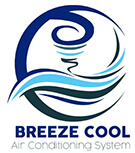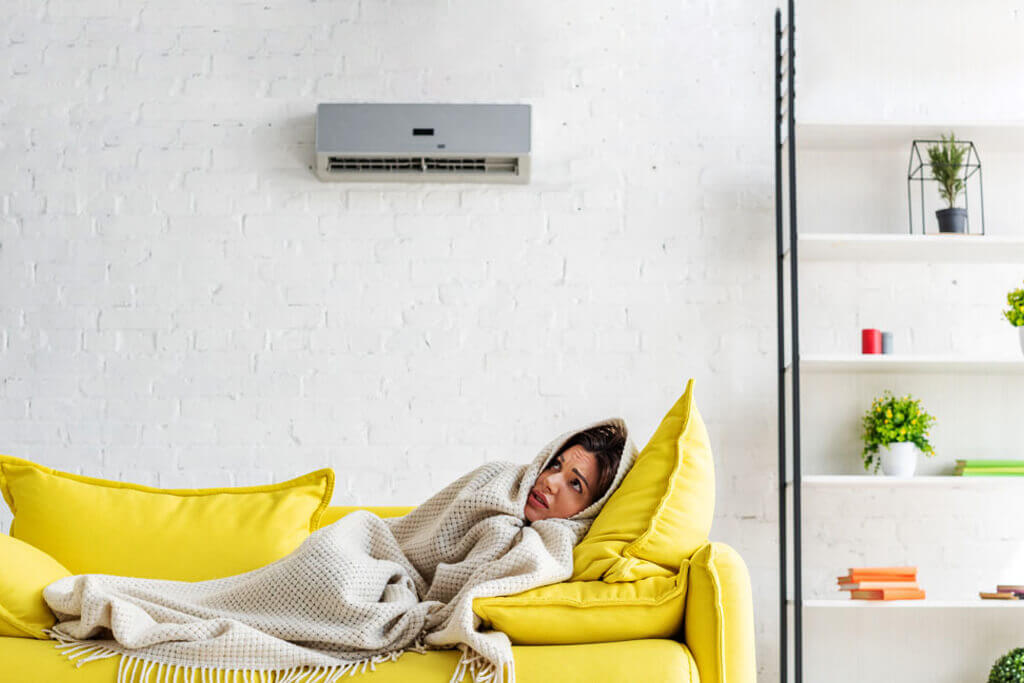In the constant pursuit of comfort, air conditioners have gone from being a fancy extra to a must-have worldwide, especially in places like Arabian Ranches, Dubai Marina, Springs Dubai, and Meadows in the UAE. These machines beat the heat in our surroundings when it’s really hot outside, and it feels great. However, it’s important to consider the effects of air conditioners on health as well as how it effects them. This blog explores the connection between air conditioners and how we feel overall. We want to talk about the good things they do and also the possible negative things, so you can decide what’s best for you with good information.
Effects of Air Conditioners on Health
Regarding the effects of air conditioners on health, we face various positive and negative impacts of cooling devices on our health. However, this era has fallen easy prey to global warming, which does not let us live without ACs. But, before we approach the distributor to get an air conditioner, it is essential to know its effects on our health. Explore the impact of air conditioners on our health in the next passage.
The Positive Effect of Air Conditioners on Health
First, we should consider the advantages of air conditioning for our health.
1. Temperature regulation
Cooling devices help maintain a comfortable indoor temperature and prevent heat-related health issues like heatstroke and dehydration. Extreme heat can strain the cardiovascular system, particularly in vulnerable individuals such as older people, young children, and those with pre-existing medical conditions. So, air conditioning reduces the risk of heat-related illnesses by creating a safer environment. To get the maximum output from the device, repairing your air conditioner on time is essential.
2. Improved indoor air quality
Modern air conditioners often comprise air filtration systems that eradicate dust, pollen, mold spores, and other allergens from indoor air. It is particularly beneficial for individuals with allergies or respiratory conditions like asthma. Clean air is a great source for fewer allergy symptoms and reduced respiratory irritation.
3. Enhanced sleep quality
A person who needs to sleep comfortably at night in the summer should consider making his room cold and comfortable. Furthermore, he needs only an AC to create a cool environment in the living room. At the same time, numerous health advantages of getting enough sleep include enhanced mood, cognition, and general well-being.
Q. Is it a good idea to sleep with AC turned on?
A few years ago, experts recommended turning off devices when sleeping. It is because you cannot control the devices while sleeping. But the scenario has changed now, and you do not need to control the device manually, thanks to the technology. If you sleep with the AC on, the device controls the temperature.
4. Reduced humidity and moisture
Modern air conditioners efficiently eliminate excess humidity, inhibiting mold and allergens while enhancing indoor air quality. However, improper maintenance and refrigerant gas loss can undermine their performance. Gas top-up is a critical procedure involving replenishing the refrigerant gas, restoring cooling efficiency, and preventing harmful emissions. This natural maintenance approach ensures optimal functionality, sustainability, and minimized environmental impact.
5. Heat-related illness prevention
The last positive effect of air conditioners on health is preventing heat-related medical issues, especially during heat waves. Conditions like heat exhaustion and heatstroke can have severe health consequences, including organ damage and death. By maintaining a cooler indoor environment, air conditioning helps reduce the risk of these heat-related health issues.
Negative Effects of Air Conditioners on Health
After exploring the positive effects of HVACs on health, it is time to explore the drawbacks of these devices on our body or health level. So, we will discuss some of the most common side effects of air conditioners.
1. Lethargy
Lethargy Studies have shown that people using air conditioners in their homes or places of business occasionally experience strange lethargy. It frequently happens in settings with extremely low air conditioning temperatures. If you encounter this, try to exit the air conditioning frequently and think about turning the thermostat up.
2. Dehydration
The air in the room passes over the condenser, which leads to its cooling. As the air’s temperature drops, its water vapor undergoes cooling and transforms into water droplets through condensation. These water droplets collect on the condenser and are expelled from the system. This process is particularly beneficial for individuals residing in regions with high humidity who wish to reduce the amount of moisture in the air they breathe. Nevertheless, prolonged exposure to excessively dry air can result in dehydration. This dehydration may manifest in symptoms such as headaches, fatigue, parched lips, dry skin, and dizziness.
3. Respiratory problems
Do you ever consider comparing the people living in air conditioners and those who do not use ACs to change the climate or temperature of the living place? People who spend too much time in artificially changed environments are known to face more respiratory problems. Artificial air affects the nose and throat often. People spending more time in air conditioners become victims of rhinitis, dry throat, nasal congestion, and a flowing nose.
Q. Do air conditioners affect the lungs of humans?
As already discussed, air conditioners affect the upper airways, like the nose and throat, so it is essential to know that if you are already facing an infection with low airways, it is not a good idea to become part of a place with an air conditioner.
4. Boost allergies and asthma
Maintenance of your air conditioner is crucial because unmaintained devices might increase the chances of boosting allergy and asthma. If you are already facing these medical illnesses, consider maintaining the device regularly. You should stay inside the home or building if you are pollution-sensitive. At the same time, keep your AC in good condition; otherwise, staying indoors or outdoors does not matter.
Q. How do I come to know that I am allergic to air conditioners?
There are a few symptoms that you need to observe when sitting in a room with an air conditioner, like sneezing, coughing, breathing, watery eyes, etc. If you face any of these issues every time you sit in AC, it shows you are allergic.
5. Infectious diseases
Staying in an air conditioner for a long can dry the nasal passage. At the same time, various infectious diseases like mucous dryness, irritation in mucous membranes, and other viral diseases maximize the chance to affect your health.
Q. Is an air conditioner a source for the growth of bacteria?
Though air conditioners trap all the particles, the availability of moisture and humidity is quite helpful for the growth of micro-organisms like bacteria and viruses in the air conditioner.
Conclusion
Despite the major necessity of the current era, air conditioners are known to leave positive and negative impacts on our health. We are sure that after reading our guide on “effects of air conditioners on health” you will look after your device, no problem where you reside. You must be looking at the rapid installation of air conditioners in the entire UAE; this all is due to global warming and the already hot climate there. So, keep tracking the health of your device whenever you turn on the device to change the environment artificially.

